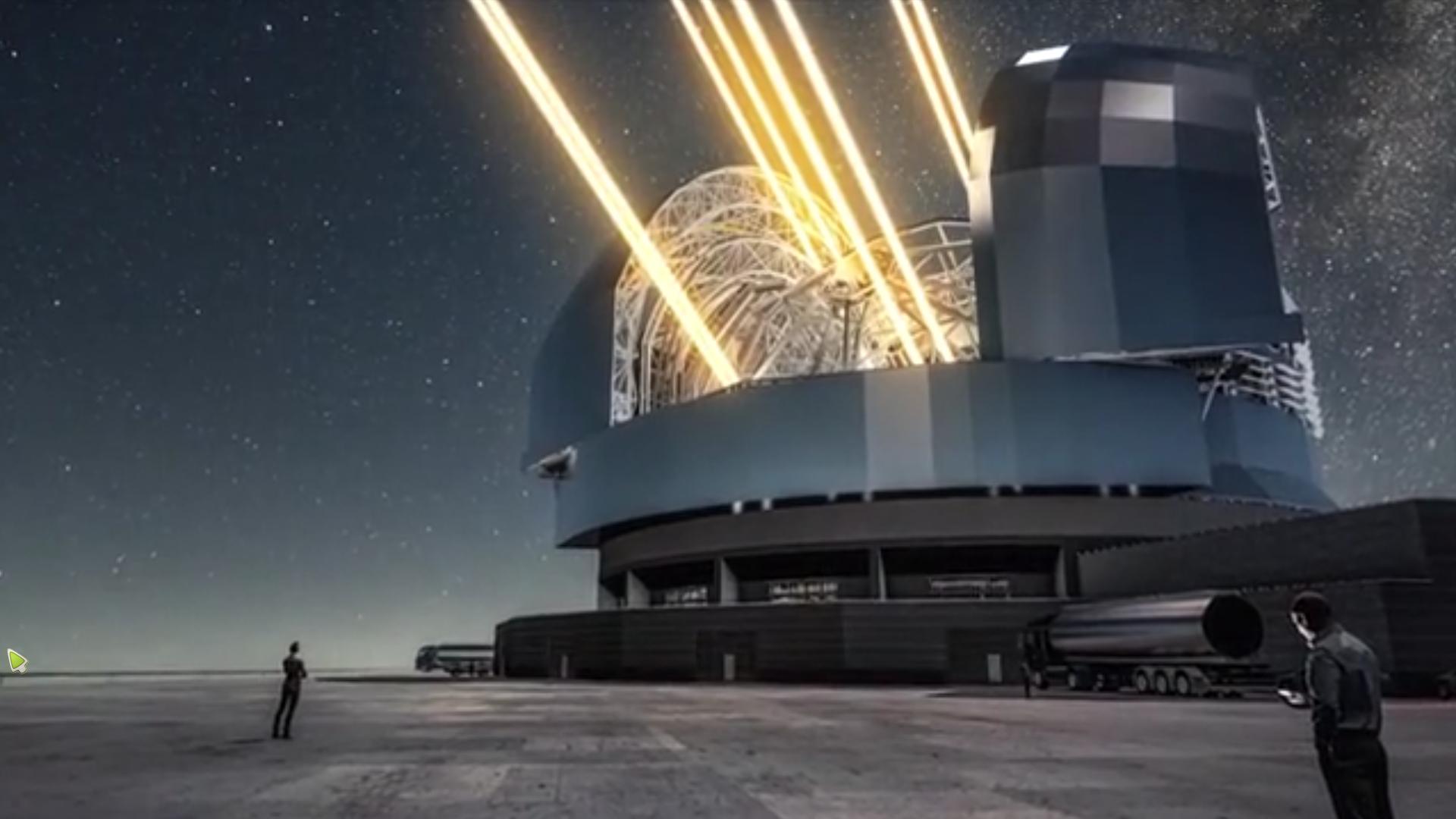In 1900, in Oxford, the well-known physicist Lord Kelvin addressed the British Association for the Advancement of Science with these words: “There is nothing new to discover in physics”.
What do you say, was he right? The following century completely changed physics. A crazy number of theoretical and experimental discoveries have transformed the understanding of our place in the universe. And in the next 50 years?
Don't expect this century to be different. The universe has an ocean of mysteries that remain to be discovered, and new technologies will help us solve many more.
The first concerns the foundations of our existence.
Physics predicts that the Big Bang produced equal amounts of the matter we are made of and something else called antimatter.
Most matter particles have an antimatter twin. It is identical but with opposite electric charge. When matter and antimatter meet, they cancel each other out, and all their energy is converted into light.
But the universe we observe is made almost entirely of matter. So where did all the antimatter go?
The Large Hadron Collider (LHC) he offered us some interesting ideas. It makes protons collide at unimaginable speeds, creating heavy particles of matter and antimatter that decompose into lighter particles. Many of these had never been seen before.
The LHC demonstrated that matter and antimatter decay at slightly different rates. This would explain why in nature there is never perfect symmetry, despite appearances.
The problem is that compared to the physical experiments of the last century, the LHC is still like playing ping-pong with a tennis racket. Since protons are made up of smaller particles, when they collide they produce "debris" that are "shot" everywhere, making it much more difficult to detect new particles. For this reason, measuring their properties is complicated and carries with it the more than real risk of numerous calculation errors. In summary: we don't know why so much antimatter disappeared.
Three new scientific structures will completely change the scenario in the coming decades. The main of these is the Future Circular Collider (FCC) – a 100 km tunnel that will surround Geneva: it will use the current LHC (27 km) as a stop on the route. Instead of protons, it will collide electrons and their antiparticles, positrons, at speeds much higher than the LHC could achieve.
Unlike protons, electrons and positrons are indivisible: therefore we will know exactly what we are observing.
We will also be able to vary the energy of the collisions, to produce specific antimatter particles and measure their properties (in particular the way they decompose) much more precisely.
Totally new physics
These investigations over the next 50 years could reveal completely new physics.
One possibility is that the disappearance of antimatter could be related to the existence of dark matter, the previously undetectable particles that make up a whopping 85% of mass in the universe.
The absence of antimatter and the prevalence of dark matter are probably due to the conditions present during the Big Bang, so these experiments will directly probe the origins of our existence.
It is impossible to predict that the next discoveries will change our lives. The last time we looked at the world through a more powerful magnifying glass we found subatomic particles and quantum mechanics: discoveries that are today revolutionizing computation, medicine and energy production.
Who's listening?
Equally important to discover on a cosmic scale is the age-old question of whether we are alone in the universe. Despite the recent discovery of liquid water on Mars there is still no evidence of microbial life. Mars 2020 will also tell us this.
The search for life on planets in other star systems has so far borne no fruit, but the imminent entry into operation of the James Webb Space Telescope, which we will launch in 2021, will revolutionize the way we detect habitable exoplanets over the next 50 years.
The James Webb Space Telescope will use an instrument called coronagraph to detect the light of a star entering the telescope. It works in much the same way as a hand placed in front of the eyes to prevent sunlight from dazzling us. The technique will allow the telescope to directly observe small planets that would normally be covered by the bright glow of the star around which they orbit.
The James Webb telescope will not only be able to detect new planets, but will also be able to determine if they are capable of sustaining life. When light from a star reaches a planet's atmosphere, some wavelengths are absorbed, leaving gaps in the reflected spectrum. Much like a barcode, these gaps provide a signature of atoms and molecules that make up the planet's atmosphere.
The telescope will be able to read these “fingerprints” to detect whether a planet's atmosphere has the conditions necessary for life.
Over the next 50 years, we may have targets for future interstellar space missions to determine what, or who, could be living on other planets.
Closer to us is Europe. Jupiter's moon has been identified as a place in our solar system that could harbor life. Despite its cold temperature (-220°C), gravitational forces from Jupiter can cause enough water to flow beneath the surface to prevent it from freezing. This makes it a possible home for microbial or even aquatic life.
A new mission called Europa Clipper expected in 2025 will confirm the existence of an underwater ocean and identify a suitable landing point for a subsequent mission. It will also observe jets of liquid water launched from the planet's icy surface to see if organic molecules are present.
In short, whether it is the smallest building blocks of our existence or the vastness of space, the universe still holds a number of mysteries.


